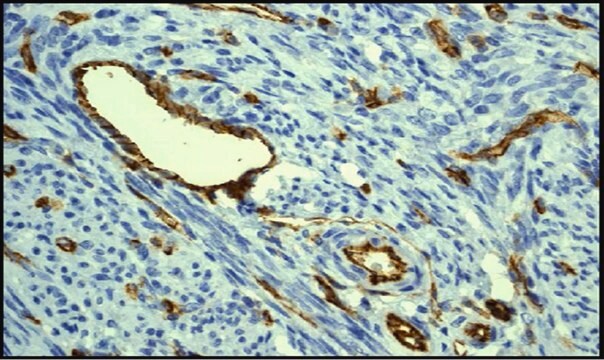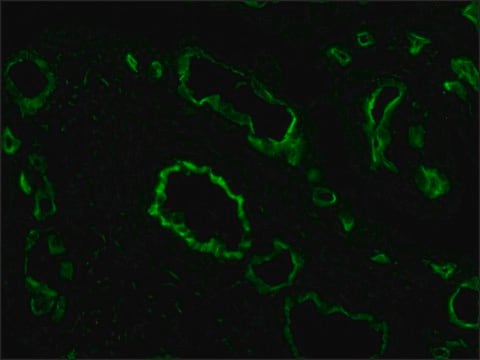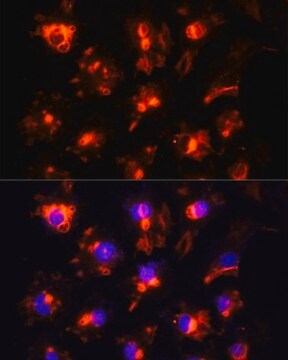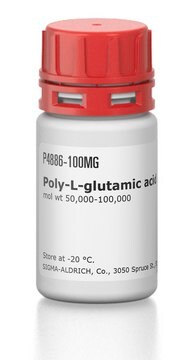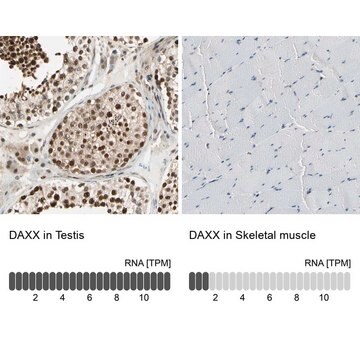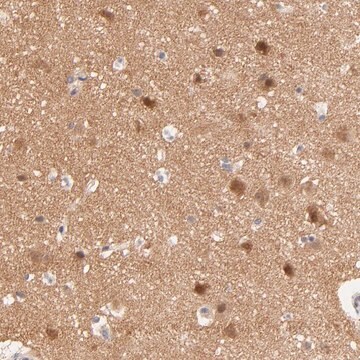MAB1393Z
Anti-PECAM-1 Antibody, clone TLD-3A12, azide free
clone TLD-3A12, Chemicon®, from mouse
Sinónimos:
CD31, MAB1393
About This Item
Productos recomendados
origen biológico
mouse
Nivel de calidad
forma del anticuerpo
affinity purified immunoglobulin
tipo de anticuerpo
primary antibodies
clon
TLD-3A12, monoclonal
reactividad de especies
rat
fabricante / nombre comercial
Chemicon®
técnicas
ELISA: suitable
flow cytometry: suitable
immunohistochemistry: suitable
western blot: suitable
isotipo
IgG1
idoneidad
not suitable for immunohistochemistry (Paraffin)
Nº de acceso UniProt
Condiciones de envío
dry ice
modificación del objetivo postraduccional
unmodified
Especificidad
Inmunógeno
Aplicación
Immunohistology: frozen sections (-20°C methanol fixation), not recommended for traditional formalin fixed tissues.
ELISA
Western Blotting: 1:500. MW = 130-140 kDa
Optimal working dilutions must be determined by end user.
Cell Structure
Adhesion (CAMs)
Forma física
Almacenamiento y estabilidad
Nota de análisis
POSITIVE CONTROL: Activated microglial cells.
Otras notas
Información legal
Cláusula de descargo de responsabilidad
¿No encuentra el producto adecuado?
Pruebe nuestro Herramienta de selección de productos.
Código de clase de almacenamiento
12 - Non Combustible Liquids
Clase de riesgo para el agua (WGK)
WGK 2
Punto de inflamabilidad (°F)
Not applicable
Punto de inflamabilidad (°C)
Not applicable
Certificados de análisis (COA)
Busque Certificados de análisis (COA) introduciendo el número de lote del producto. Los números de lote se encuentran en la etiqueta del producto después de las palabras «Lot» o «Batch»
¿Ya tiene este producto?
Encuentre la documentación para los productos que ha comprado recientemente en la Biblioteca de documentos.
Nuestro equipo de científicos tiene experiencia en todas las áreas de investigación: Ciencias de la vida, Ciencia de los materiales, Síntesis química, Cromatografía, Analítica y muchas otras.
Póngase en contacto con el Servicio técnico